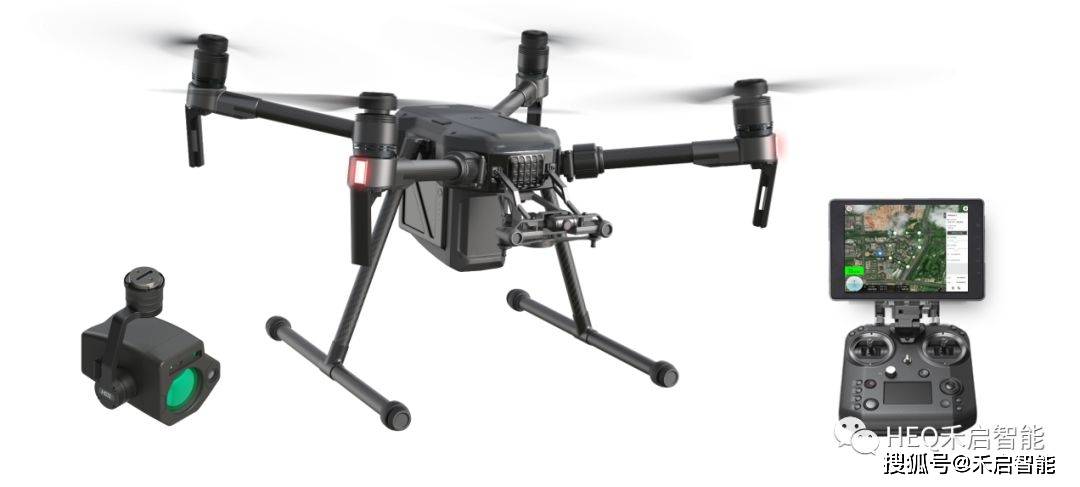Mastering Drone Flight: Essential Tips for Newbies
Understanding Drone Dynamics
Embarking on the journey of drone flight requires a grasp of the fundamental principles that govern drone mechanics and dynamics. Mastering control inputs such as roll, pitch, yaw, and throttle is imperative for navigating your drone with precision. These commands govern the drone’s movements and stabilization, laying the foundation for seamless flight operations. Drone flight isn’t just technical; it blends art and science as you learn to manipulate these controls.
Selecting the Right Drone
Before taking off, choosing a suitable drone that fits your needs is paramount. Beginners should opt for models known for their stability and ease of use. Remote control drones equipped with intuitive user interfaces can make the learning curve less steep, enhancing your initial flight experience. Investing in drones with hover capability and automated features can further guarantee safety and control for novice pilots.
- Consider drones with advanced GPS systems
- Choose models with a robust flight time
- Look for reliable battery life and recharging features

Safety Measures and Regulations
Adhering to aviation regulations and safety protocols is crucial for responsible drone operation. As drone usage proliferates, understanding local laws and guidelines ensures lawful and safe flights. Many regions require registration and adherence to no-fly zones, particularly around airports and sensitive areas. Moreover, safety checks and pre-flight inspections of your drone’s condition are recommended to prevent malfunctions during a flight.
Regular maintenance checks are vital to prolong drone longevity.
Flight Practice Techniques
Practicing maneuvers in open environments can significantly enhance proficiency. Start with basic hover movements, gradually transitioning to complex maneuvers such as circles and figure-eights. Incorporating simulator training can also develop your skills by providing a risk-free environment to refine handling. Leverage simulators to learn evasive maneuvers and emergency protocols without endangering your drone.
Common Challenges for Beginners
- Wind Conditions
- Understanding how wind affects flight stability is crucial for maintaining control.
- Battery Management
- Effective battery handling is essential to ensuring uninterrupted flight sessions.
FAQs on Drone Flight for Newbies
What type of drone is best for beginners?
Most entry-level drones are designed to be user-friendly with features like auto-hover and easy-to-use controls, making them ideal for beginners.
How can I improve my drone flying skills?
Practice regularly in open spaces, utilize training simulators, and familiarize yourself with your drone’s manual can significantly improve your skills.
Are there places where I cannot fly my drone?
Yes, many areas are off-limits for drone flight, such as near airports, government facilities, and restricted zones. Always check local regulations beforehand.